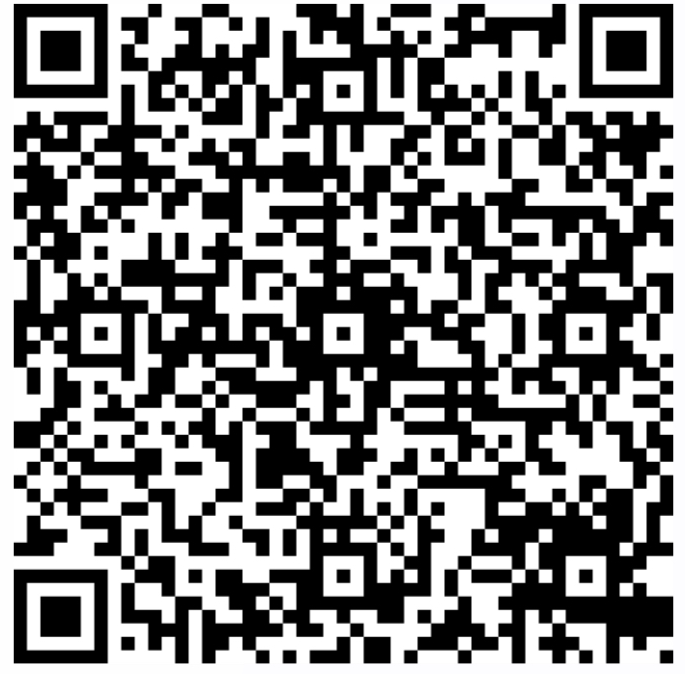一起学习Javascript网页截屏的方法
导读
之前我曾写过如何将canvas图形转换成图片和下载canvas图像的方法,这些都是在为这个插件做技术准备。
技术路线很清晰,将网页的某个区域的内容生成图像,保持到canvas里,然后将canvas内容转换成图片,保存到本地,最后上传到微博。
我在网上搜寻到html2canvas这个能将指定网页元素内容生成canvas图像的javascript工具。这个js工具的用法很简单,你只需要将它的js文件引入到页面里,然后调用html2canvas()函数:
html2canvas(document.body, {
onrendered: function(canvas) {
/* canvas is the actual canvas element,
to append it to the page call for example
document.body.appendChild( canvas );
*/
}
});这个html2canvas()函数有个参数,上面的例子里传入的参数是document.body,这会截取整个页面的图像。如果你想只截取一个区域,比如对某个p或某个table截图,你就将这个p或某个table当做参数传进去。
我最终并没有选用html2canvas这个js工具,因为在我的实验过程中发现它有几个问题。
首先,跨域问题。我举个例子说明这个问题,比如我的网页网址是http://www.webhek.com/about/,而我在这个页面上有个张图片,这个图片并不是来自www.webhek.com域,而是来自CDN图片服务器www.webhek-cdn.com/images/about.jpg,那么,这张图片就和这个网页不是同域,那么html2canvas就无法对这种图片进行截图,如果你的网站的所有图片都放在单独的图片服务器上,那么用html2canvas对整个网页进行截图是就会发现所有图片的地方都是空白。
这个问题也有补救的方法,就是用代理:
<!DOCTYPE html>
<html>
<head>
<meta charset="utf-8">
<title>html2canvas php proxy</title>
<script src="html2canvas.js"></script>
<script>
//<![CDATA[
(function() {
window.onload = function(){
html2canvas(document.body, {
"logging": true, //Enable log (use Web Console for get Errors and Warnings)
"proxy":"html2canvasproxy.php",
"onrendered": function(canvas) {
var img = new Image();
img.onload = function() {
img.onload = null;
document.body.appendChild(img);
};
img.onerror = function() {
img.onerror = null;
if(window.console.log) {
window.console.log("Not loaded image from canvas.toDataURL");
} else {
alert("Not loaded image from canvas.toDataURL");
}
};
img.src = canvas.toDataURL("image/png");
}
});
};
})();
//]]>
</script>
</head>
<body>
<p>
<img alt="google maps static" src="http://maps.googleapis.com/maps/api/staticmap?center=40.714728,-73.998672&zoom=12&size=800x600&maptype=roadmap&sensor=false">
</p>
</body>
</html>这个方法只能用在你自己的服务器里,如果是对别人的网页截图,还是不行。
试验的过程中还发现用html2canvas截屏出来的图像有时会出现文字重叠的现象。我估计是因为html2canvas在解析页面内容、处理css时不是很完美的原因。
最后,我在火狐浏览器的官方网站上找到了drawWindow()这个方法,这个方法和上面提到html2canvas不同之处在于,它不分析页面元素,它只针对区域,也就是说,它接受的参数是四个数字标志的区域,不论这个区域中什么地方,有没有页面内容。
void drawWindow( in nsIDOMWindow window, in float x, in float y, in float w, in float h, in DOMString bgColor, in unsigned long flags [optional] );
这个原生的JavaScript方法看起来非常的完美,正是我需要的,但这个方法不能使用在普通网页中,因为火狐官方发现这个方法会引起有安全漏洞,在这个bug修复之前,只有具有“Chrome privileges”的代码才能使用这个drawWindow()函数。
虽然有很大的限制,但周折一下还是可以用的,在我开发的火狐addon插件中,main.js就是具有“Chrome privileges”的代码。我在网上发现了一段火狐插件SDK里自带代码样例:
var window = require('window/utils').getMostRecentBrowserWindow();
var tab = require('tabs/utils').getActiveTab(window);
var thumbnail = window.document.createElementNS("http://www.w3.org/1999/xhtml", "canvas");
thumbnail.mozOpaque = true;
window = tab.linkedBrowser.contentWindow;
thumbnail.width = Math.ceil(window.screen.availWidth / 5.75);
var aspectRatio = 0.5625; // 16:9
thumbnail.height = Math.round(thumbnail.width * aspectRatio);
var ctx = thumbnail.getContext("2d");
var snippetWidth = window.innerWidth * .6;
var scale = thumbnail.width / snippetWidth;
ctx.scale(scale, scale);
ctx.drawWindow(window, window.scrollX, window.scrollY, snippetWidth, snippetWidth * aspectRatio, "rgb(255,255,255)");
// thumbnail now represents a thumbnail of the tab这段代码写的非常清楚,只需要依据它做稍微的修改就能适应自己的需求。









